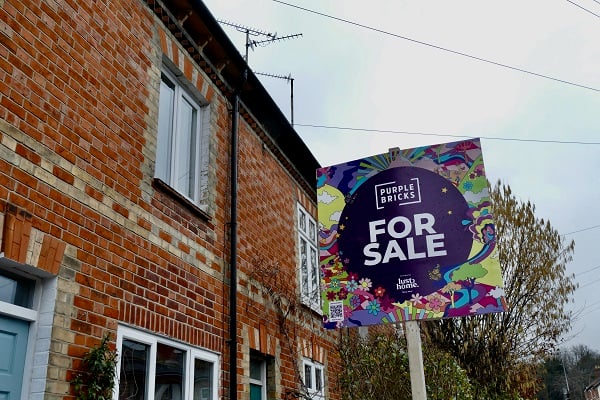Is it fair that you can just pay a couple of millions to buy a British asset?
For sale: British passports
Conditions: You need to be super-rich investor willing to splash out £2.5m.
Sir David Metcalf, chairman of the government’s Migration Advisory Committee, wants to hold a Sotheby’s-like auction for British visas with the highest bidder taking a British passport home.
The new system proposes a minimum £2m investment and a £500,000 donation to a “good causes fund” which will be distributed among schools, hospitals and charities.
The scheme is similar to the current rules where an applicant needs to make investments of £1m, £5m or £10m in gilts, government bonds or British businesses. This gives them permission to apply for permanent residence after living in the UK for five, three and two years respectively.
The new scheme enables them to buy a passport instantly, for £2.5m. Sir David thinks that the visa auction will discourage the super-rich coming to the UK.
But he’s wrong.
Under the new scheme, residency requirements will be relaxed. The time an individual has to remain resident in the UK each year will be halved to 90 days. So basically, the filthy-rich foreigner who buys a British passport needs to spend just three months in the country, making it even more attractive for them to buy a passport than when they had to commit to a full six months living in the UK.
And the idea that £2.5m is going to deter the super-rich, more so than the £1m of the current scheme, is ludicrous too. After all, paying £2.5m is peanuts for the wealthy investors.
But those aren’t the only problems.
It’s worth noting that £500,000 of that £2.5m in Sir David’s proposals must be a donation a “good causes fund” to be distributed among schools, hospitals and charities.
He said: “…it may very well be that we should be letting people in if they endow a Cambridge college, a major teaching hospital or the London School of Economics with £10m.”
Back in 2011, LSE director Howard Davies had to quit after revelations that LSE’s centre for global governance had received a £300,000 donation from the Gaddafi International Charity and Development Foundation. The school’s commercial arm had also secured a contract worth £2.2m to train Libyan civil servants.
In November last year, I put in a freedom of information request to the London School of Economics requesting details of donations made to the school since January 2005. However, LSE exempted information relating to donors saying “it could lead to others targeting the same donors for a finite pool of funds”.
The new passport scheme would make it mandatory for the super-rich to invest in these institutions. But I don’t think it’s a good idea for the British public to not have a clue as to who put money in these institutions. How will we ensure that corruption is not brought into these institutions?
Of course, seeing as this scheme lets the world’s super-rich get their passports instantly, rather than having to wait a number of years as with the current scheme, they are more likely to buy a London property instantly.
This means that we are highly likely to rack up more empty multimillion-pound homes, with their foreign owners barely contributing to the local economy.
There is already an estimated £350m-worth of vacant properties on The Bishops Avenue in north London. Most of the properties are either owned by wealthy foreign investors or registered to companies in tax havens. Walk around these derelict mansions and you’ll find dead pigeons & broken ceilings.
Look around the capital and you’ll find that a majority of London’s luxury properties are owned by super-rich foreign investors. Research by Savills found that £7bn was spent on prime London property last year with just 20% of that spent by those living in the UK.
If this British passport sale scheme proves to be a hit with people with the moolah, who’s going to keep track those neighbourhoods don’t become ghost towns?
A British passport is a British asset.
I am immigrant in the UK who spent a few stressful months last year waiting like a hungry dog for my passport to turn up. Yet the sight of Britain exchanging hurrahs and hi fives every time a British asset is snapped up jars with me. (Why are you Britons so happy about the fact that China took a stake in Heathrow or the Qataris built the Shard?)
The UK is at risk of projecting a very desperate image to the world in which it happily puts a price tag on all its assets.
Is it fair that you can just pay a couple of million to buy a British asset?
What do you think of this passport for profit scheme? Tweet me @shrutitripathi6






Leave a Comment